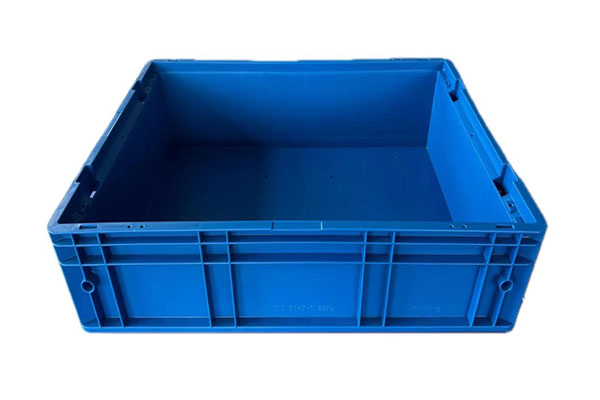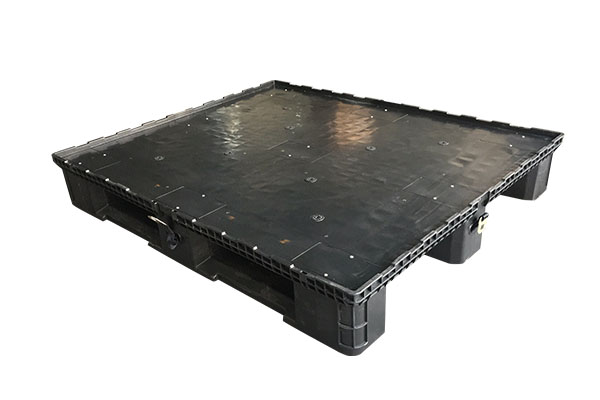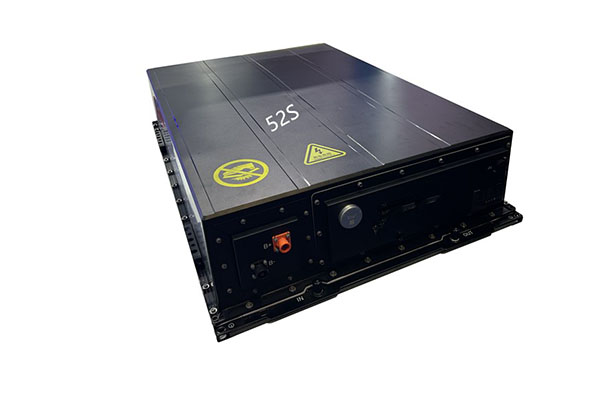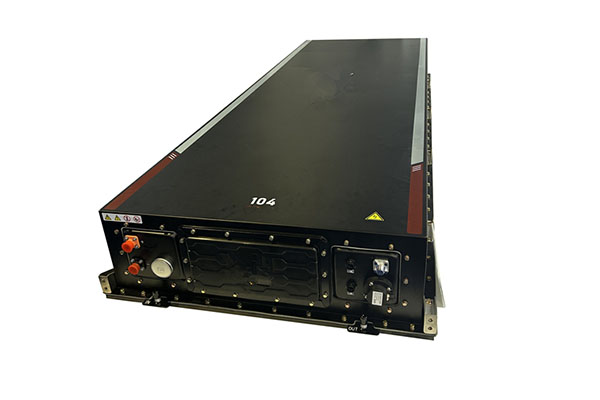Can auto parts processing create a dazzling coat for cars?
Release Time : 2024-10-24
Auto parts processing plays a vital role in the modern automobile manufacturing industry. Plastic materials, with their light weight, corrosion resistance, and easy processing, have gradually replaced traditional metal materials and become one of the main materials for automobile shells. Through advanced plastic processing technology, the plastic shell of auto parts is not only a functional component, but also an important part of the dazzling coat of the car.
Lightweight and performance improvement
First of all, the lightweight characteristics of plastic materials enable auto parts processed by plastic shells to significantly reduce the weight of the entire vehicle. This not only improves the fuel efficiency and power performance of the car, but also reduces emissions, which meets the requirements of modern environmental protection and energy saving. Lightweight plastic shells can also effectively absorb and disperse impact forces in collision tests, improving the safety performance of vehicles.
Design freedom and personalization
Secondly, the easy processing characteristics of plastic materials give designers greater creative freedom. Compared with traditional metal materials, plastics can be shaped into complex shapes through a variety of processes such as injection molding, blow molding, and thermoforming. This allows the car shell to have smoother lines and more unique designs, thereby enhancing the appearance and brand recognition of the car. Through customized plastic shell processing, automakers can launch more personalized and fashionable products to meet the diverse needs of consumers.
Corrosion resistance and durability
Plastic shells also have excellent corrosion resistance and can maintain stability under harsh climatic conditions. Whether it is high temperature, low temperature, ultraviolet radiation, or corrosive environments such as acid rain and salt water, plastic shells can effectively resist erosion and extend the service life of the car. This durability not only enhances the market competitiveness of the car, but also reduces the maintenance cost of the vehicle, bringing longer-term value to consumers.
Energy saving, environmental protection and sustainable development
In addition, the recycling rate of plastic materials is much higher than that of metal materials, which meets the requirements of modern society for energy saving, environmental protection and sustainable development. Through efficient plastic recycling technology, the plastic shells of auto parts can be recycled after the end of their life cycle, reducing the consumption of natural resources and reducing environmental pollution. This not only reflects the social responsibility of the enterprise, but also conforms to the development trend of the global automotive industry.
Intelligence and functional integration
With the continuous development of smart car technology, plastic shell processing is also gradually integrating intelligent elements. Through embedded sensors, conductive plastics and other technologies, the car shell can achieve more functional integration, such as intelligent sensing, energy collection, etc. This makes the car not only have a beautiful appearance, but also provide a more intelligent user experience.
In short, Auto parts processing has created a brilliant coat for the car through its advantages such as lightweight, design freedom, corrosion resistance, energy saving and environmental protection, and intelligence. With the continuous advancement of materials science and processing technology, plastic shells will continue to play an important role in automobile manufacturing and promote innovation and development in the automotive industry.
Lightweight and performance improvement
First of all, the lightweight characteristics of plastic materials enable auto parts processed by plastic shells to significantly reduce the weight of the entire vehicle. This not only improves the fuel efficiency and power performance of the car, but also reduces emissions, which meets the requirements of modern environmental protection and energy saving. Lightweight plastic shells can also effectively absorb and disperse impact forces in collision tests, improving the safety performance of vehicles.
Design freedom and personalization
Secondly, the easy processing characteristics of plastic materials give designers greater creative freedom. Compared with traditional metal materials, plastics can be shaped into complex shapes through a variety of processes such as injection molding, blow molding, and thermoforming. This allows the car shell to have smoother lines and more unique designs, thereby enhancing the appearance and brand recognition of the car. Through customized plastic shell processing, automakers can launch more personalized and fashionable products to meet the diverse needs of consumers.
Corrosion resistance and durability
Plastic shells also have excellent corrosion resistance and can maintain stability under harsh climatic conditions. Whether it is high temperature, low temperature, ultraviolet radiation, or corrosive environments such as acid rain and salt water, plastic shells can effectively resist erosion and extend the service life of the car. This durability not only enhances the market competitiveness of the car, but also reduces the maintenance cost of the vehicle, bringing longer-term value to consumers.
Energy saving, environmental protection and sustainable development
In addition, the recycling rate of plastic materials is much higher than that of metal materials, which meets the requirements of modern society for energy saving, environmental protection and sustainable development. Through efficient plastic recycling technology, the plastic shells of auto parts can be recycled after the end of their life cycle, reducing the consumption of natural resources and reducing environmental pollution. This not only reflects the social responsibility of the enterprise, but also conforms to the development trend of the global automotive industry.
Intelligence and functional integration
With the continuous development of smart car technology, plastic shell processing is also gradually integrating intelligent elements. Through embedded sensors, conductive plastics and other technologies, the car shell can achieve more functional integration, such as intelligent sensing, energy collection, etc. This makes the car not only have a beautiful appearance, but also provide a more intelligent user experience.
In short, Auto parts processing has created a brilliant coat for the car through its advantages such as lightweight, design freedom, corrosion resistance, energy saving and environmental protection, and intelligence. With the continuous advancement of materials science and processing technology, plastic shells will continue to play an important role in automobile manufacturing and promote innovation and development in the automotive industry.







